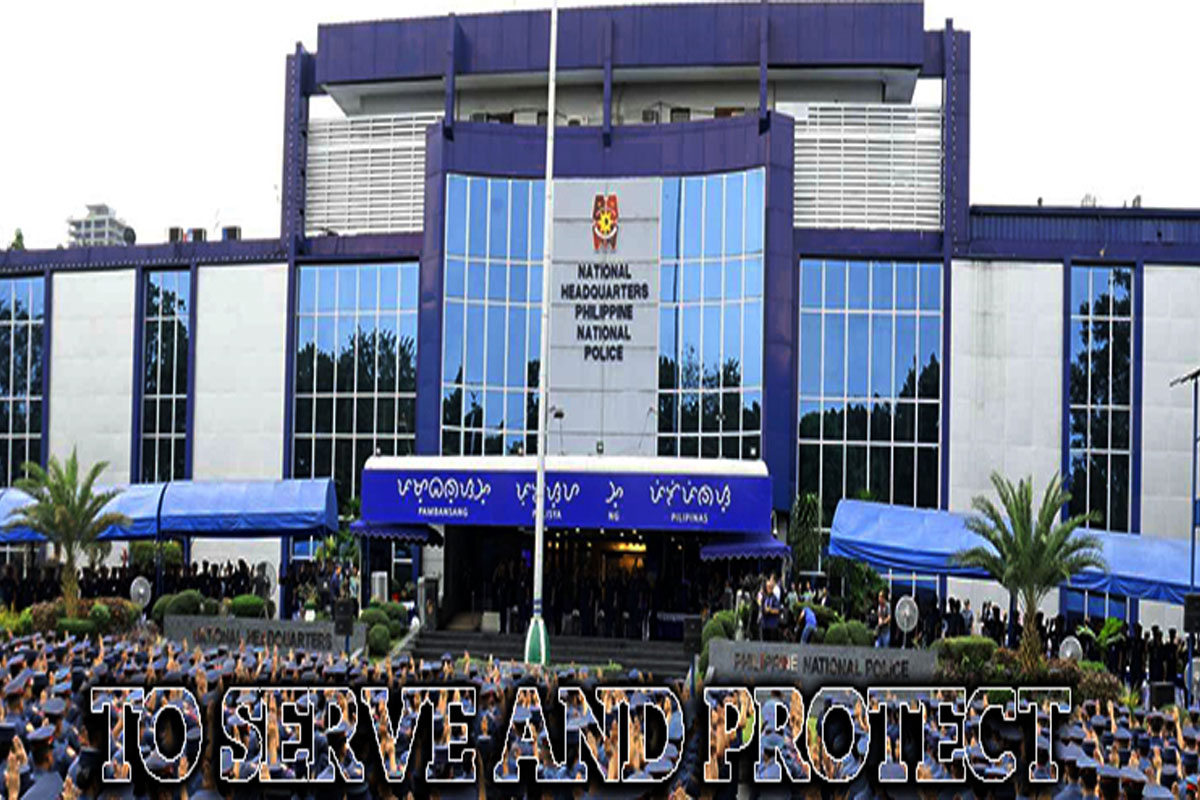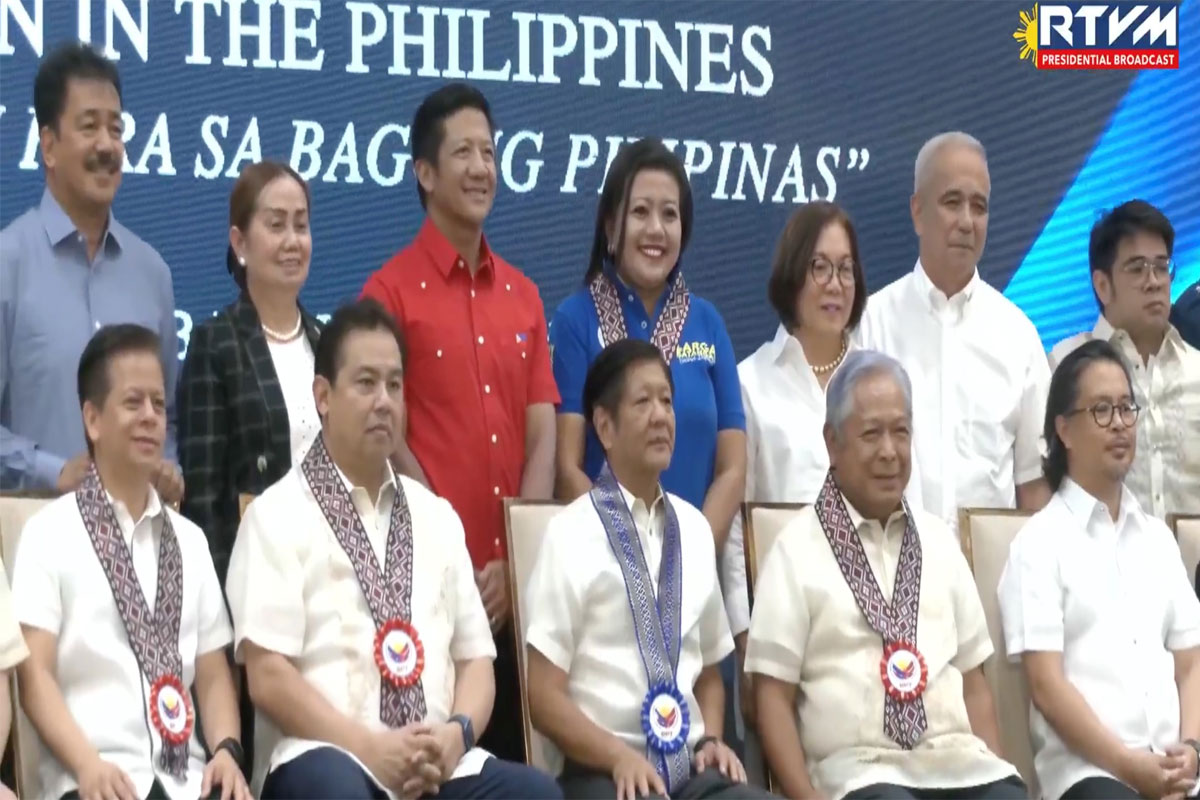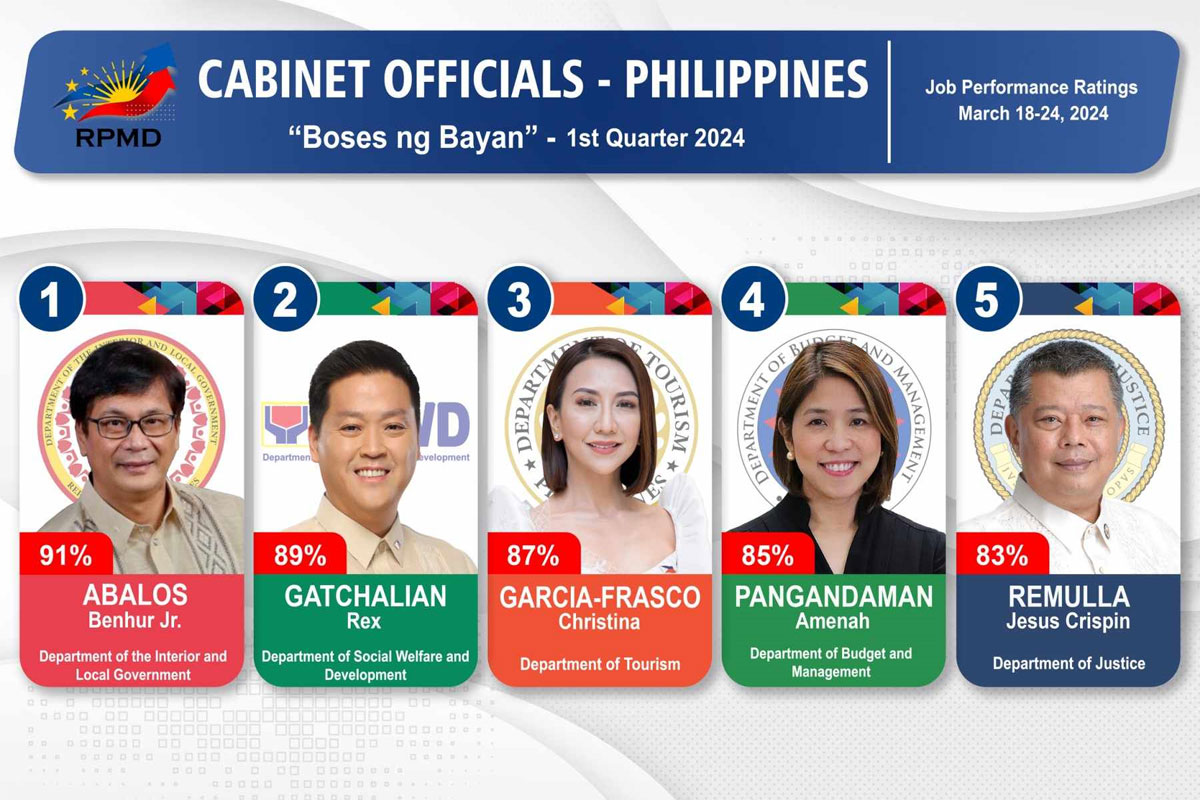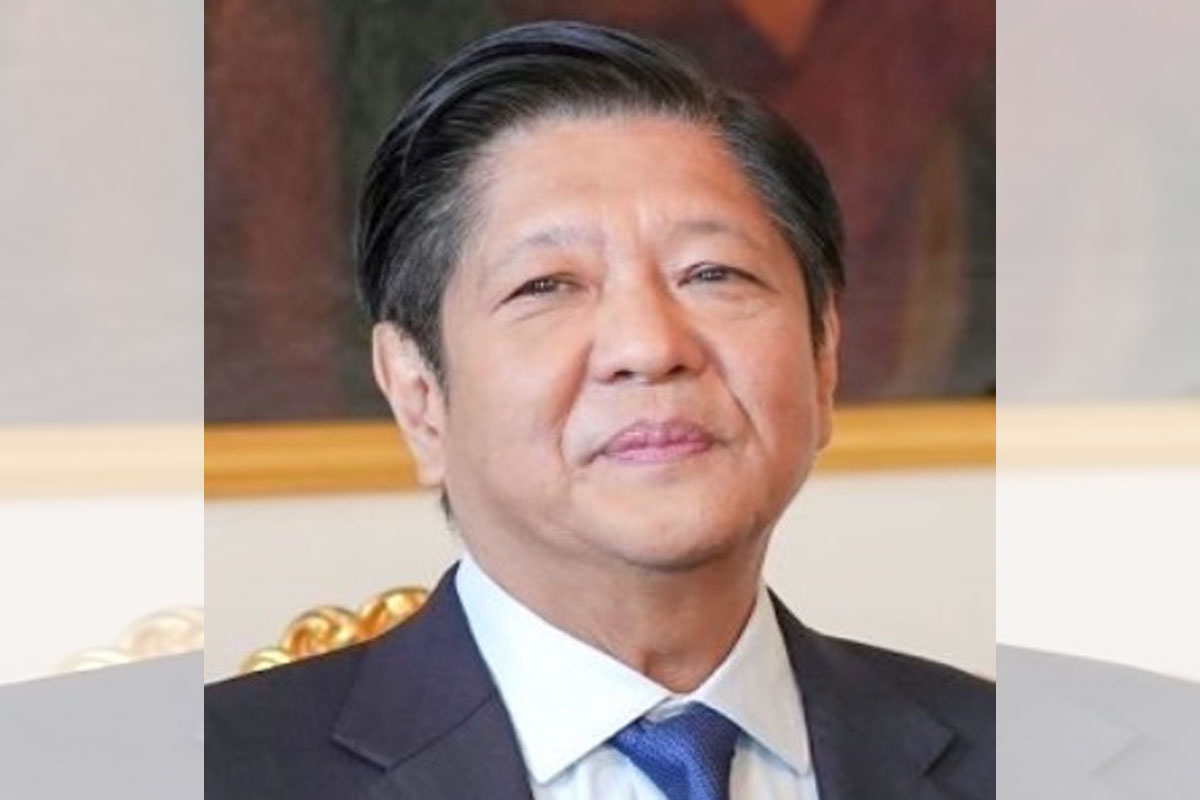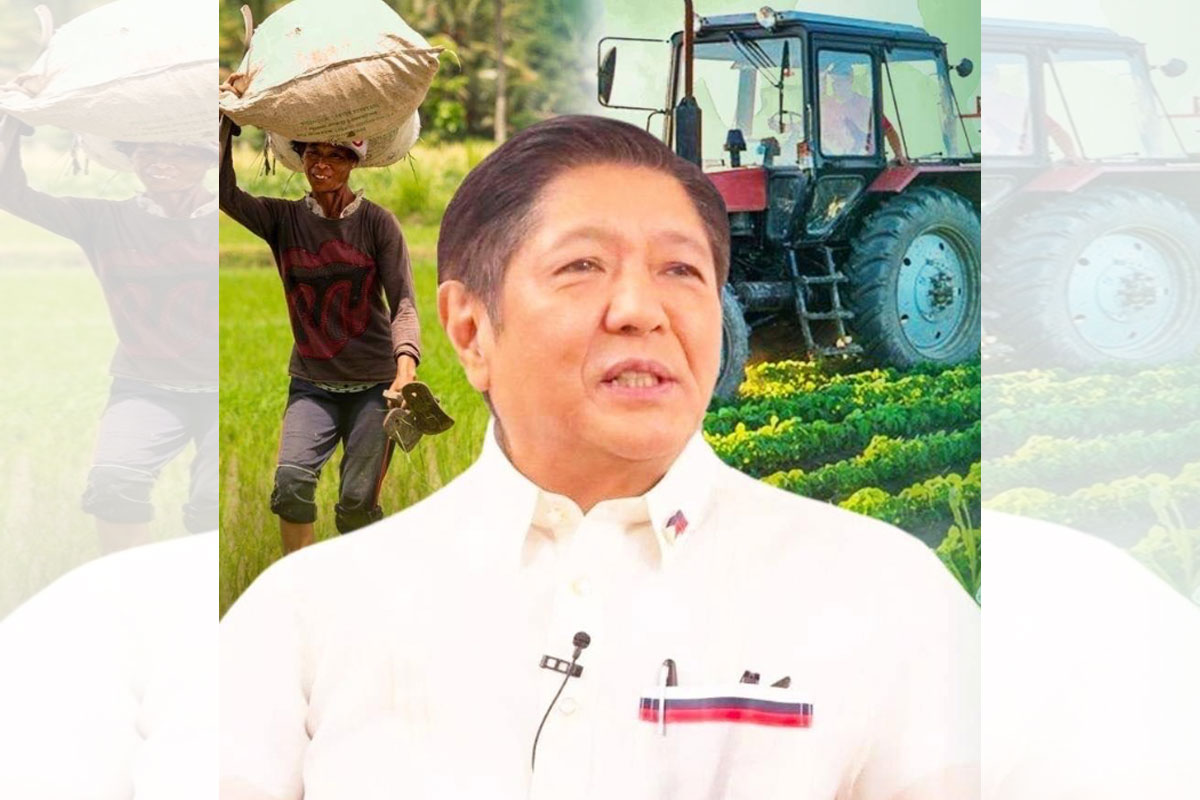 President Ferdinand ‘Bongbong’ Marcos Jr. : FMR is the first step to solve some of the supply chain problems.
President Ferdinand ‘Bongbong’ Marcos Jr. : FMR is the first step to solve some of the supply chain problems.
PBBM’s top priority: More food for PH
INCOMING President Ferdinand ‘Bongbong’ Marcos Jr. will prioritize increasing the country’s food production when he takes over as concurrent head of the Department of Agriculture (DA).
In a press briefing, he pointed out that the rice exportation ban being currently imposed by Thailand and Vietnam, the Philippines’ main sources of imported rice, presses the country to increase its production.
“You may have noted that Thailand, Vietnam for example, one of our main sources of imported rice, have decided to ban their rice exports at least for now. So, we have to compensate for that by hopefully increasing production here in the Philippines, so that’s one,” Marcos said when asked for his priorities as DA chief.
“There are many priorities that we have to attend to simultaneously. First of all will try to increase production as we come to the planting period, the harvest period after the rainy season, during, before, and after the rainy season. Hopefully, we can counteract some of the increases in prices,” he added.
The President-elect announced Monday that he would be assuming the portfolio of Secretary of Agriculture due to the severity of the problem that the country would face with the looming food crisis and the continued increase in food prices.
“Furthermore, it is in response to the events in Ukraine which has affected the Philippines’ agriculture and including the food supply in a very serious way,” he further explained.
Another priority Marcos cited is the restructuring of the DA, though it would be a long-term process, to make it more responsive to the current global situation in terms of food supply.
He added this would include the return of agencies and organizations under the department, such as the National Food Authority (NFA), the Food Terminal Inc. (FTI), and Kadiwa, among others, to their original mandates and functions
“As I have mentioned many times before many of the agencies have changed their functions over the years and maybe it’s time to return them. I talked about the organizations like the NFA, the FTI, and the Kadiwa, which we already have started to see especially at the local level but we have to structure the actual department so as to be more responsive to the global situation now when it comes to food supply,” the incoming President said.
In line with the programs he discussed with his economic managers, Marcos said there may be a need to review the P10-billion Rice Competitiveness Enhancement Fund created by Republic Act (RA) 11203 or the Rice Tariffication Law.
“Well if there is one part of the rice tariffication, it is the area wherein we reinvest the amount of funding that we reinvest into for our farmers, and mechanization, and post-harvest facilities.
Which is part of the rice tariffication, there’s 10 billion that is returned to the farming community,” he replied when asked what part of the law will be reviewed, which was one of his pronouncements during the campaign.
“Maybe we can have a look at that and see, maybe that now that we are in a situation where we very much have to boost production and we very much have to support the farmers, maybe we can look at that and hopefully increase it. Pag nakikita naman natin ‘yung accounting doon sa rice tariffication, ‘yung P10-billion na ‘yun kung minsan merong pang unspent so pwede pang gamitin ‘yun,” he added.
Section 13 of RA11203, which took effect last March 5, 2019, provides that a Rice Competitiveness Enhancement Fund will be created with an annual appropriation of P10 billion for the next six years following the approval of the law.
The said fund will be used for programs, which will be implemented in rice-producing areas, such as procurement of rice farm machinery for improving farm mechanization like tillers, tractors, seeders, threshers, rice planters, harvesters, irrigation pumps, small solar irrigation, reapers, driers, millers, and others.
Other programs also provided for under the said section of the law are rice seed development, propagation, and promotion; expanded rice credit assistance; and rice extension services.
Dar vows to help PH attain food security.
Meanwhile, Agriculture Secretary William Dar Wednesday assured that he and the entire OneDA Family are more than willing to brief Marcos Jr. and assist him attain food security and food sovereignty amid the impending food crisis.
Dar made the assurance a day after Marcos announced that he will temporarily lead the agriculture department.
“We welcome the decision of President-elect Ferdinand R. Marcos, Jr. to personally oversee and be at the helm of the Department of Agriculture. This is the brand of ‘political will’ that we have been advocating since we assumed office in August 2019,” Dar said.
He added that Marcos’ recent pronouncement is a very strategic decision, giving the agriculture sector utmost priority, and thus bigger budget for DA in the years to come.
“We see this pronouncement as a victory of the DA in rousing broad public support towards the sector’s rehabilitation and empowerment,” Dar explained.
“His resolve to take the reins is a strong indication to this. We are confident this will augur an unprecedented ‘whole-of-government’ movement for the urgent attainment of food sovereignty in this time of crisis,” he added.
Dar also disclosed that the DA has already prepared a transition report, outlining the short-, medium- and long- terms plans of the department to significantly increase the productivity of key commodities such as rice and corn, and other fishery products, and augment the incomes of farmers and fisherfolk.
“The present leadership is ready to brief the President-elect at his most convenient time, and we assure him of our strong support and cooperation, as we truly want him to succeed,” he said.
The transition report contains the current state of the Philippine agriculture, as well as recommendations and policy proposals. It is divided into five chapters: 1) Unfinished Business of the Sector, 2) Situational Analysis over two decades, 3) Policy Recommendations, 4) Major Accomplishments of DA, and 5) Agenda Forward.
In relation to the looming global food crisis, Dar also shared the list of programs that the next administration should prioritize such as the Balanced Fertilization Strategy, which will upscale the use of bio-fertilizers and stimulants.
He added that an increase in the budget for fuel and fertilizer subsidy to subsidize other commodity such as vegetables is also crucial.
Some of the other programs he mentioned which are currently being implemented under the Plant, Plant, Plant program Part 2 are provision of fuel and fertilizer subsidies; local feeds formulation and production; urban and peri-urban farming, including vegetable production, in provinces not frequently visited by typhoons; Aquaculture and mariculture production; and food mobilization through Kadiwa marketing program.
Dar stressed that a Bureau of Agri-Industry Cooperative must be created to regularize Kadiwa programs, and the transfer of the Food Terminal Incorporated back to the department is imperative.
He added that the Philippine agriculture must be modernized and industrialized to make it globally competitive.
“We have crafted a 10-year National Agriculture and Fisheries Modernization and Industrialization Plan (NAFMIP), and we fervently hope the President-elect will favorably consider it to attain our joint aspiration of food security and food sovereignty in the next six years,” he concluded. With Cory Martinez










